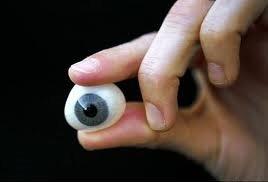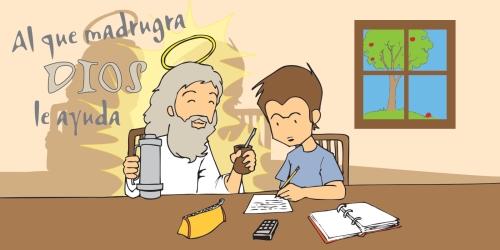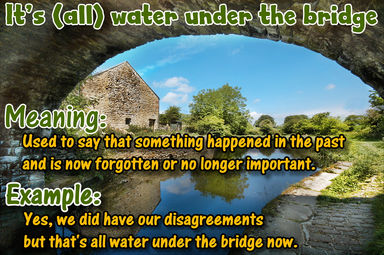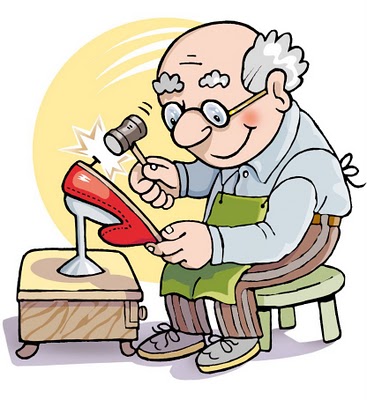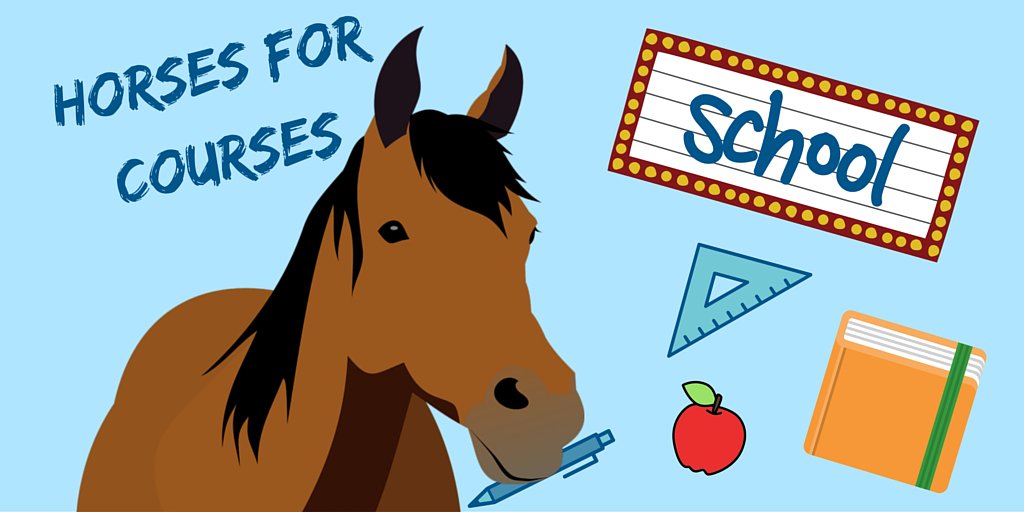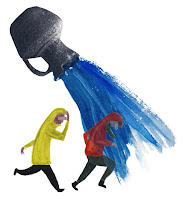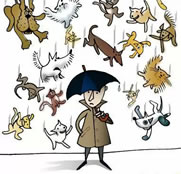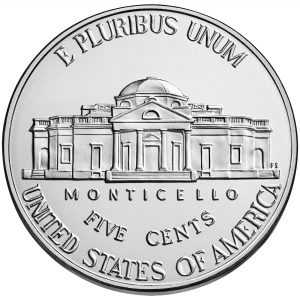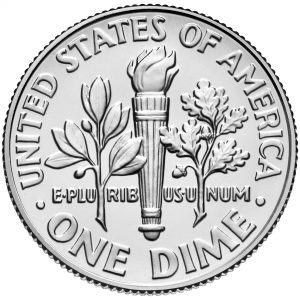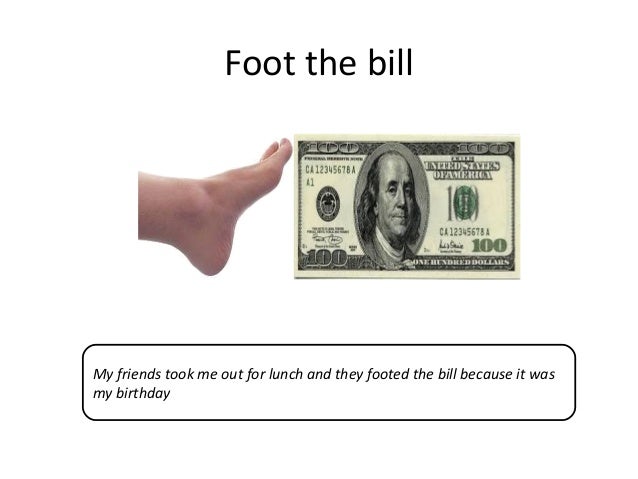Hiya!
How are your Christmas hols going? Mine absolutely awesome, to be honest. Anyway, I keep writing about my favourite time of the year, yeah Christmas. As some of you may have noticed, I adore Christmas and every year I write several entries about this topic. If you're keen on knowing more about Christmas, do not hesitate to click on my entries on Christmas: New Year resolutions; Christmas-touching videos; Boxing Day; Christmas vocabulary; Christmas videos; Practise your listening at Christmas; Christmas carols; Christmas in Spain, the UK and the US; Christmas short stories; Christmas origins.
Today I will show you some Christmas-related facts that are quite interesting, are you ready?
1. Jesus Christ wasn't actually born on December, 25th: There's no consensus on when exactly he was born, so from the third century onwards they chose that date to celebrate the birth of Jesus Christ. It was close to some pagan festivals like Saturnalia, a festival in honour of God Saturn and to celebrate the winter solstice.
2. Christmas has its roots in Pagan rituals : It began to be celebrated as such from the eighth century onwards with wild parties. In fact, some Puritans opposed to Christmas celebrations due to its pagan origins.
3. In the past, during a brief period of time, you would be fined if you were caught celebrating Christmas : Yes, you had to pay 5 shillings to celebrate Christmas. Can you believe it ?
4. Our way of celebrating Christmas began in the nineteenth century when prince Albert of Germany started decorating the pine tree himself : To celebrate his marriage to Queen Victoria, he had a photo taken of the royal family. In that photo, you could see an enormous decorated pine tree. After this photo publication, this fashion caught on and was imitated in other parts of the US. This also gave wings to the tradition of sending Christmas cards as well.

5. The tradition of gift-giving is ancient, far more ancient than you can imagine, dating back to year 10 AD : At that time, the gift-giving ritual had a clear purpose: to remind people of the presents brought to Baby Jesus by the Three Wise Men.
6. Christmas became a consumerist party thanks to the advent of the industrial revolution and the rise in advertising : Yes, obviously, with innovative breakthroughs such as chain production and the advent of the media, people started to spend a great deal of money on Christmas presents...
7. Santa Claus was, in fact, a Christian saint who used to give presents to people. He was known as Sinterklass, hence the popular name that caught on until today.

8. Santa didn't officially dress in red and white until a Coca-Cola advert was released on TV. So, mass media and big companies have proved themselves outstandingly powerful. Santa wouldn't be the man we picture today, were it not for Coca-Cola or TV. Can you believe it ?


9. In 1990, very recently, a school board banned Christmas celebrations. Yes! Again due to its pagan rituals. Parents opposed and the court decided that Christmas was independent from religion.
10. Christmasy plants like holly or mistletoe also date back to pagan origins...what a surprise! : People would place wreaths of holly top decorate places of worship in pagan rituals. Likewise, kissing under the mistletoe was a tradition first observed during Saturnalia on a night that involved alcohol and orgies...yap, you heard right. However, some people insist that holly has a religious meaning, its thorns representing Christ's crown at the cross and the red berries representing his blood.
So, nowadays many people are upset because Spain is a secular state and they associate Christmas celebration with religion. However, without the shade of a doubt, Christmas origins are pagan and although it has something to do with Christian religion, Christmas today has an own entity. It is not religious or secular; it's a celebration for all kinds of citizens, regardless of their beliefs. If you are interested in getting to know more, click on the link below. You'll be redirected to a three-minute video quickly summarizing everything I wrote. http://www.history.com/topics/christmas/history-of-christmas.
This will be the last entry of the year, so Happy New Year everyone!



